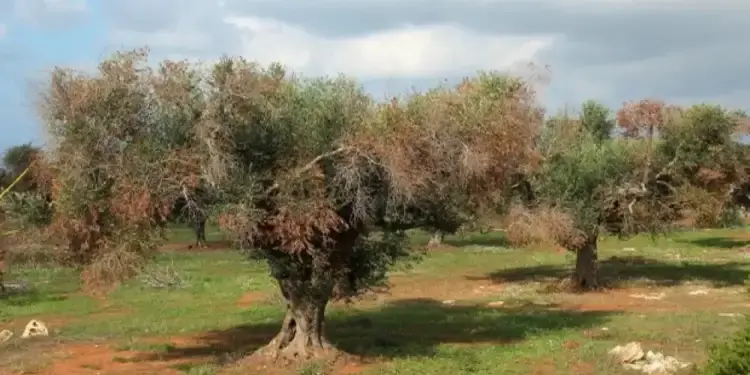Tunisia is launching a simulation exercise today to prevent the introduction of the bacteria Xylella Fastidiosa, responsible for the destruction of some 20 million olive trees in Italy.
According to Naïma Mahfoudhi, director general of plant health and control of agricultural inputs at the Ministry of Agriculture, this bacteria, which rages in several European countries, mainly attacks nucleus trees and has an aspect close to that of the Cicadel insect.
If Tunisia is not yet affected, the agricultural authorities, in coordination with scientific research laboratories, implement a prevention and awareness plan to anticipate any risk of introducing the pathogen.
Naïma Mahfoudhi notably expressed his fears about the involuntary import of plants or animals vectors of the disease by travelers.
These statements were made on the sidelines of a workshop organized in Hammamet Sud by the European and Mediterranean Plant Protection (OEPP), in partnership with its Jordanian counterpart, and bringing together experts from 21 countries.
Xylella Fastidiosa is a phytopathogenic bacteria which attacks more than 500 plant species, including olive trees, vines, citrus and almond trees. It colonizes the drivers of sap (xylem) of the plants, provoking their drying, a progressive weakening, then their death.
Transmitted mainly by insects-sucking insects such as the cicadel, this bacteria is considered to be one of the most dangerous pathogens for agriculture in Europe and in the Mediterranean basin. To date, there is no curative treatment, which makes prevention and monitoring essential.








